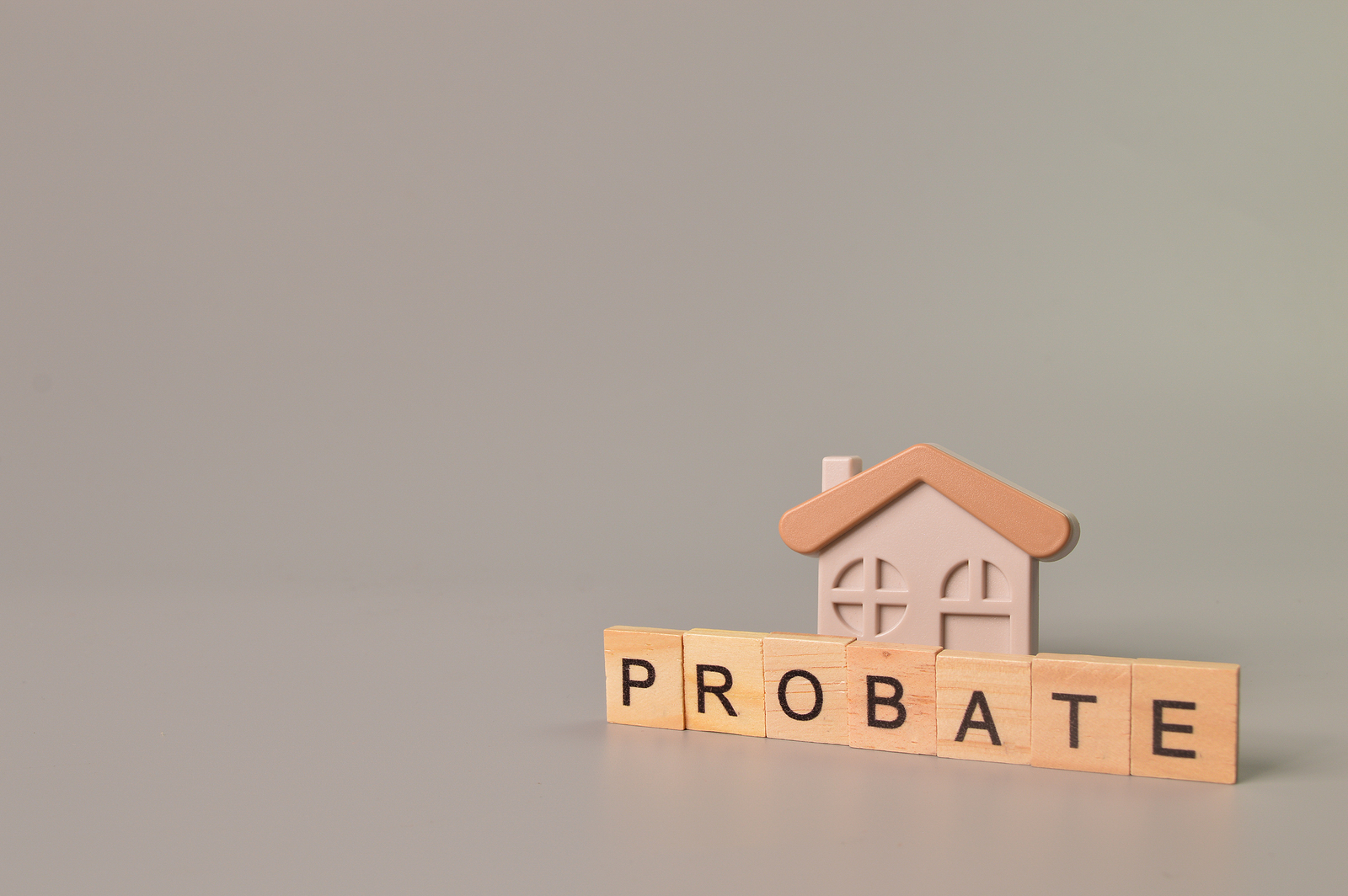Inheriting a house can be both a blessing and a challenge. While it often comes with sentimental value, it also brings financial and legal responsibilities. If you’re in Colorado and pondering whether you can sell an inherited house, this guide will walk you through the key considerations and steps to ensure a smooth process.
Understanding the Legal Framework:
1. Probate Process in Colorado: The probate process is crucial when dealing with inherited property. In Colorado, most estates must go through probate to validate the will and authorize the distribution of assets. This process can be simplified if the estate is small or if the property was held in joint tenancy.
2. Determining Ownership and Title: Before selling, ensure that you have clear ownership of the property. This involves obtaining a deed in your name, which might require the completion of probate or presenting a death certificate if you’re a joint tenant.
3. Tax Implications: Inheriting a house comes with tax considerations. Colorado doesn’t have a state inheritance tax, but you may still be subject to federal estate taxes depending on the estate’s value. Also, be aware of capital gains tax, which is calculated based on the property’s fair market value at the time of inheritance.

Financial Considerations:
4. Assessing the Property’s Value: Before listing the property, get a professional appraisal to determine its current market value. This helps set a realistic price and informs potential tax obligations.
5. Managing Outstanding Debts: Check if the inherited property has any outstanding debts, such as a mortgage, property taxes, or liens. These must be settled before or during the sale.
6. Deciding Whether to Sell or Keep: Consider the financial implications of keeping versus selling the house. If the property holds significant sentimental value or has the potential to generate rental income, keeping it might be beneficial. Conversely, selling can provide immediate financial relief.
Preparing the Property for Sale:
7. Cleaning and Repairs: Inherited homes may need repairs or updates to make them market-ready. Address any structural issues, update outdated fixtures, and ensure the property is clean and presentable.
8. Staging the Home: Staging can enhance the property’s appeal to potential buyers. Simple steps like decluttering, rearranging furniture, and adding neutral decor can make a big difference.
9. Hiring a Real Estate Agent: Work with a local real estate agent who understands the Colorado market. An experienced agent can help price the property appropriately, market it effectively, and navigate the legal paperwork.

Steps to Sell an Inherited House in Colorado:
10. List the Property: Once the property is ready, list it on multiple platforms to attract buyers. Highlight key features and the advantages of the location.
11. Negotiating Offers: Review and negotiate offers with the help of your real estate agent. Consider not just the price but also the terms and contingencies of each offer.
12. Closing the Sale: Upon accepting an offer, proceed to the closing process. This involves signing the deed over to the buyer, completing necessary paperwork, and distributing the proceeds according to the will or estate plan.
Conclusion
Selling an inherited house in Colorado involves navigating legal, financial, and emotional complexities. By understanding the probate process, assessing the property’s value, and preparing it for sale, you can ensure a smooth transaction. Whether you choose to keep or sell the property, making informed decisions will help you honor the legacy and manage your inheritance wisely.
